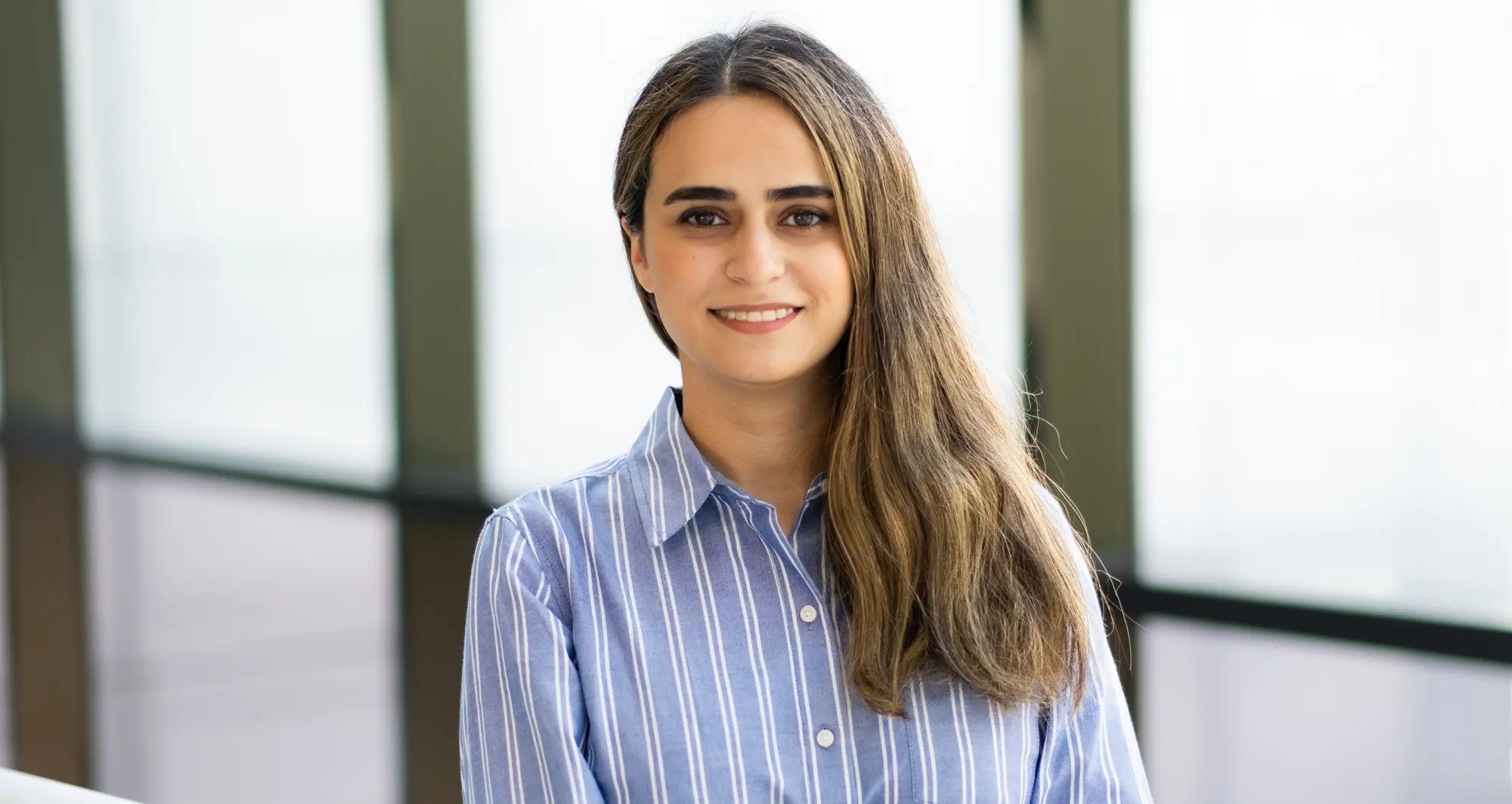The scholarship program for graduate students was created by the Clause family’s generous donation to Sanford Burnham Prebys
“I’m thrilled to receive this scholarship, which will help me continue contributing to our understanding of Alzheimer’s disease,” said Shahnaee.
The McCardle Clause Scholarship was established in honor of Phyllis McCardle Clause after her long struggle with Alzheimer’s disease (AD). The award supports graduate student education in age-related neurodegeneration within the institute’s graduate school.
Shahnaee conducts research in the laboratory of Jerold Chun, MD, PhD, a professor in the Center for Neurologic Diseases at Sanford Burnham Prebys, with a focus on better understanding the effects of neurodegenerative diseases on brain cells.
“Since joining the Chun lab in 2021 and starting my PhD, I’ve had the privilege of working alongside a wonderful team and within the supportive Sanford Burnham Prebys community,” said Shahnaee. “I’m very grateful for this support and for the opportunity to keep pursuing my research with the guidance of my mentor and colleagues.”
As part of her thesis work, Shahnaee contributed to a study unveiling novel and diverse mRNA sequences transcribed from genes associated with neurodegenerative diseases (published in eNeuro 2024).
She will now characterize and study the function of the product of a specific novel human RNA isoform that she found significantly upregulated in disease-associated astrocytes in brain tissue from patients with AD.
“By focusing on the novel RNA isoform we discovered in astrocytes, my goal is to uncover how its translation into a protein alters brain function in Alzheimer’s disease, with the hope of identifying a new disease marker.”
“Contributing to this knowledge is both scientifically exciting and personally motivating,” said Shahnaee. “There is so much we still have to learn about the brain.”
